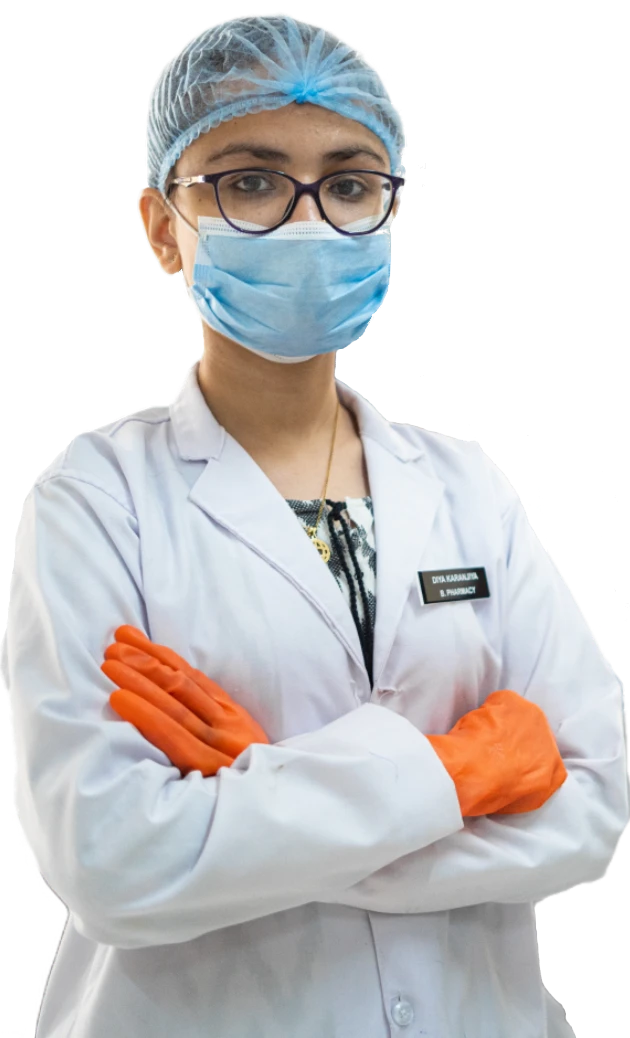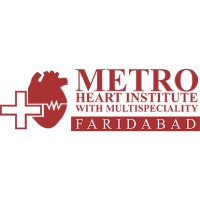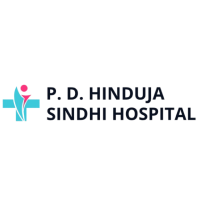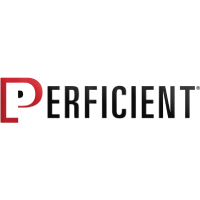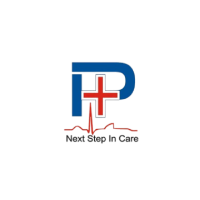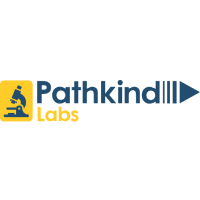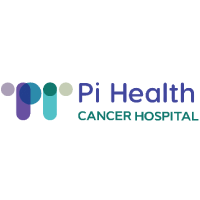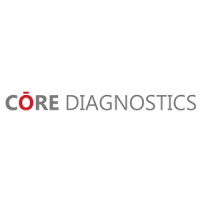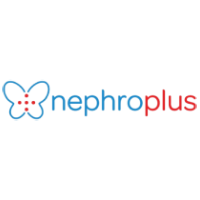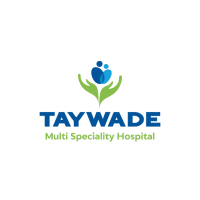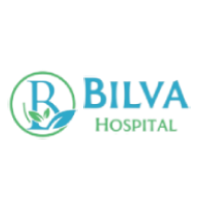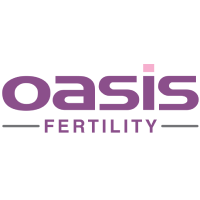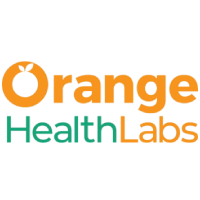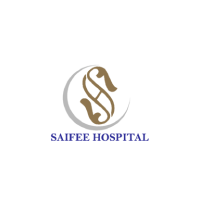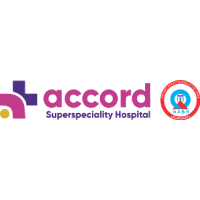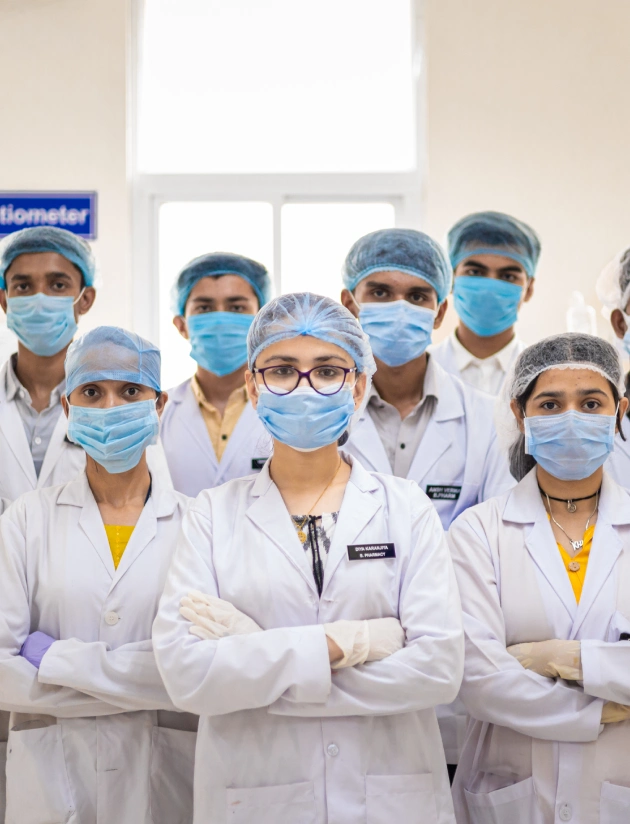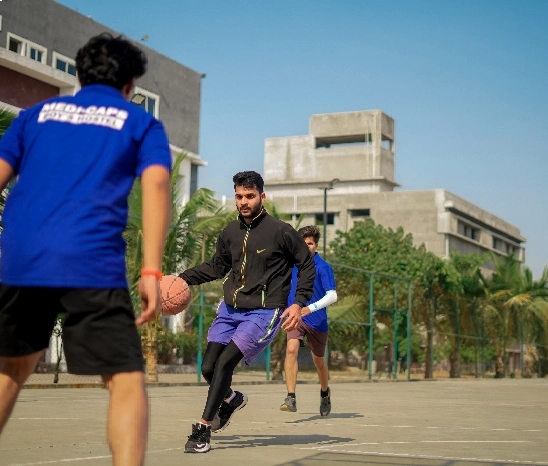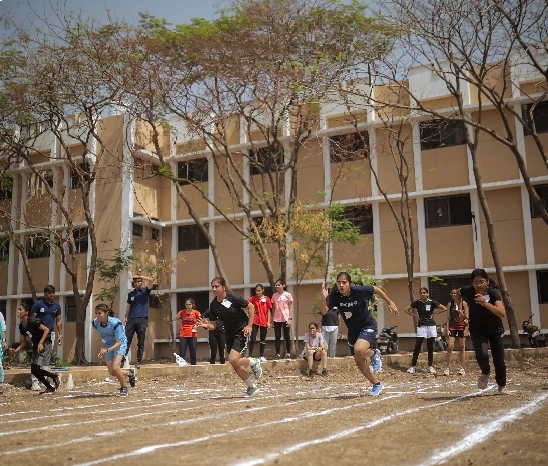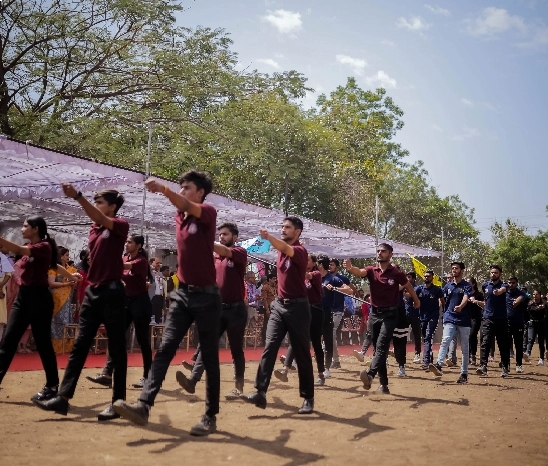1st
In Placement in Madhya Pradesh by Times Engineering Survey 2022
32nd
In Placement in India by i3RC Times Engineering Survey 2021
Earn While You Learn
Explore Exciting International Career Opportunities
MU-SAT Advantages
Medicaps University Scholarship cum Admission Test (MU-SAT 2026) is a national-level entrance exam and scholarship test mandatory for admission in Integrated Law programs, Engineering, Management, Agriculture, Pharmacy, Science, and Art Humanities & Social Science.
Apply NowMU-SAT PHASE-1
- Mock TestComing soon
- Final TestComing soon
MU-SAT PHASE-2
- Mock TestComing soon
- Final TestComing soon
About Medicaps University
Medicaps University is the leading private university in central India.
Since its inception, the institution is consistently aiming to create an ideal ambience for budding technocrats and help them to grow like true professionals. We have an optimal blend of academic brilliance and industry exposure.
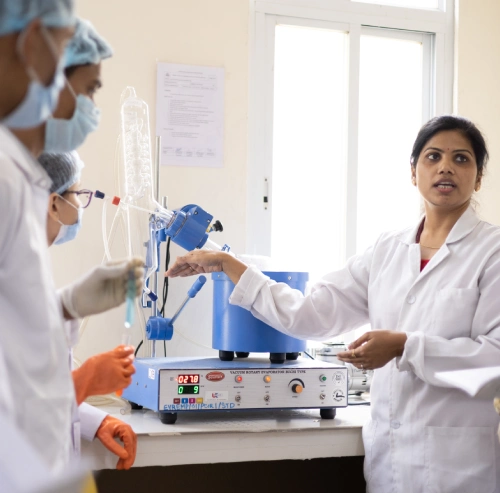
State-of-the-art classrooms & computer labs
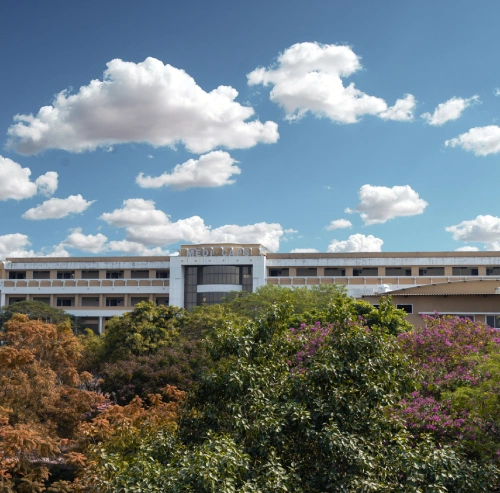
Lush green campus located in the cleanest city of India
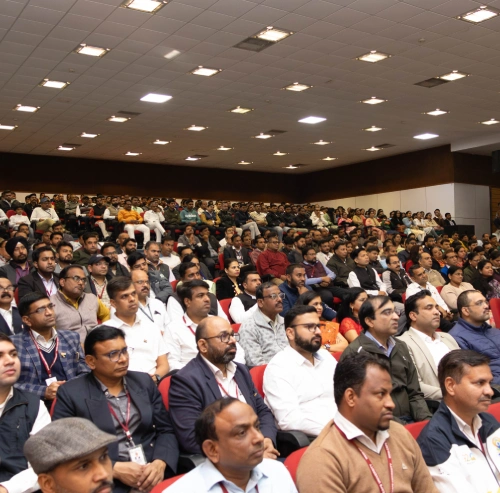
450+ well qualified faculty with rich industry and research experience
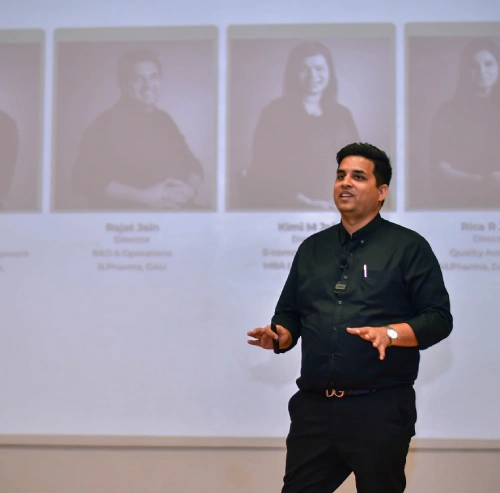
Visiting faculty lectures by Eminent Corporate Professionals
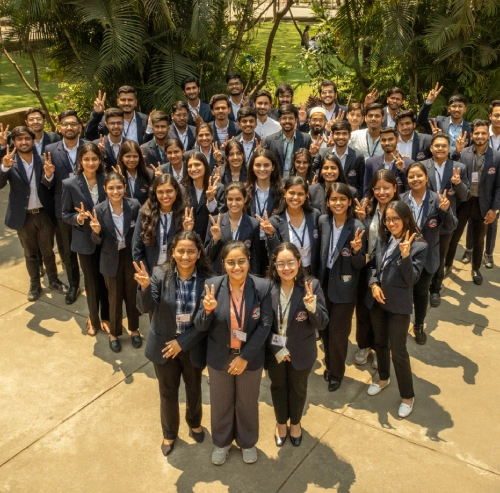
Average package of 6.5 LPA
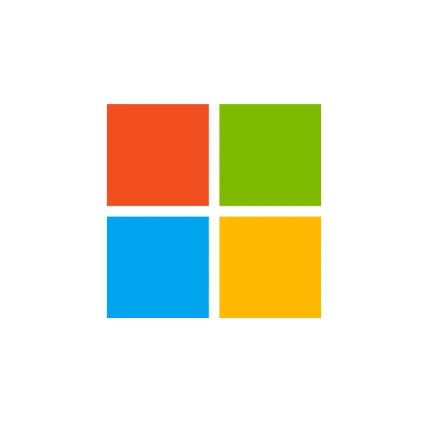
Highest package of 52 LPA
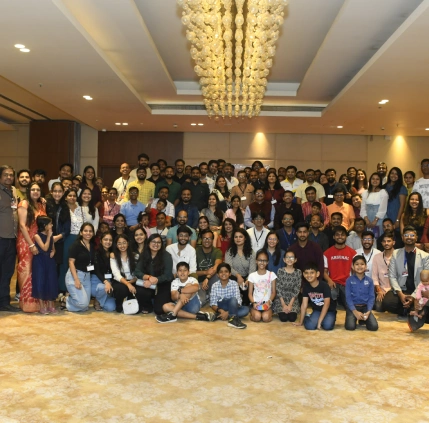
Large alumni base excelling professionally
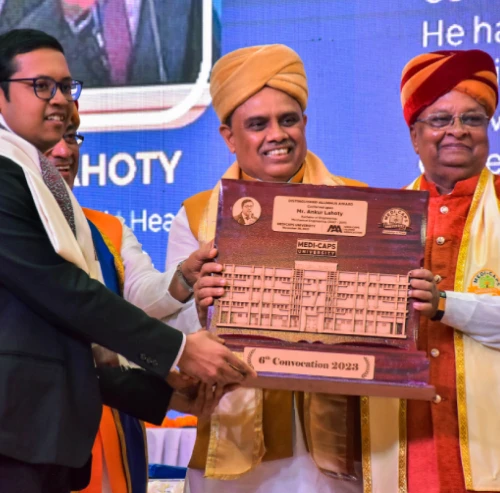
Leaders in top notch organizations
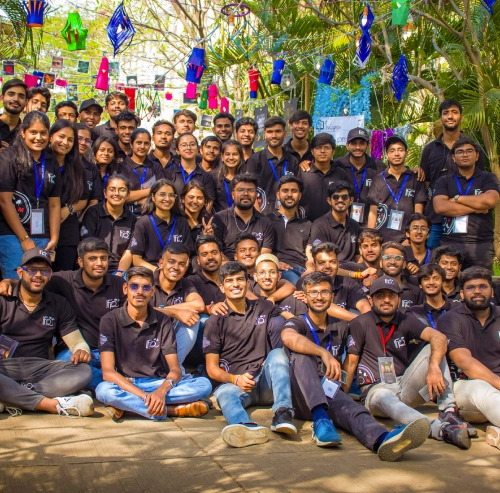
30+ student committees and clubs
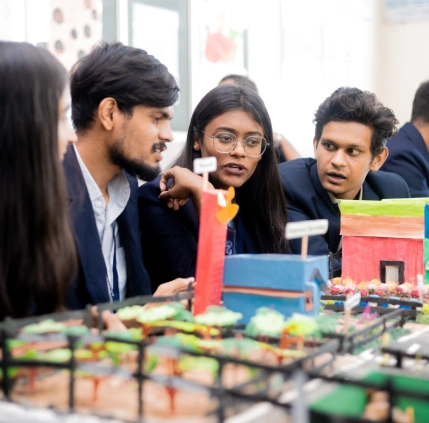
Adds to professional and cultural growth of students
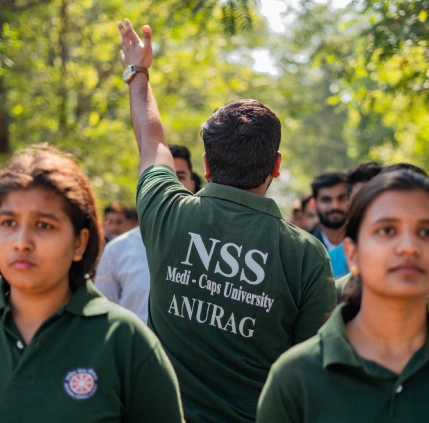
Rich learning culture through co-curricular activities
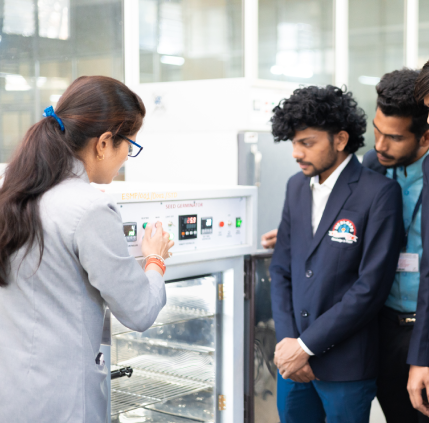
Opportunities for students to work for concurrent projects
The institute has linkages with the Universities
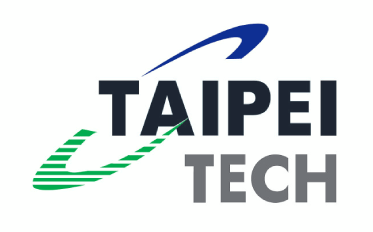
National Taipei University of Technology (NTUT), Taiwan
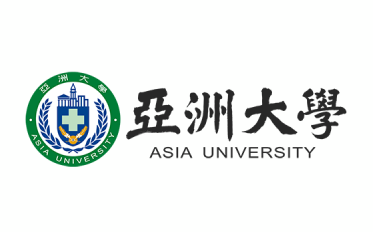
Asia University, Taiwan
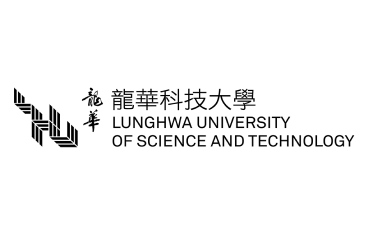
Lunghwa University of Science and Technology (LHU), Taiwan
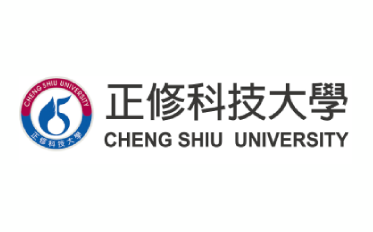
Cheng Shiu University (CSU), Taiwan
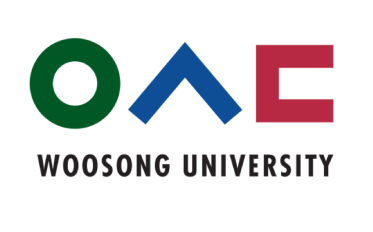
Woosong University, South Korea
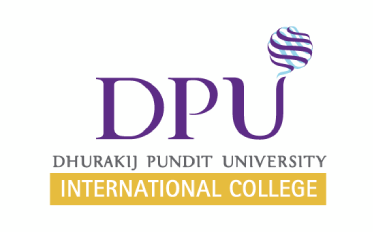
Dhurakji Pundit University, Thailand
Campus Life

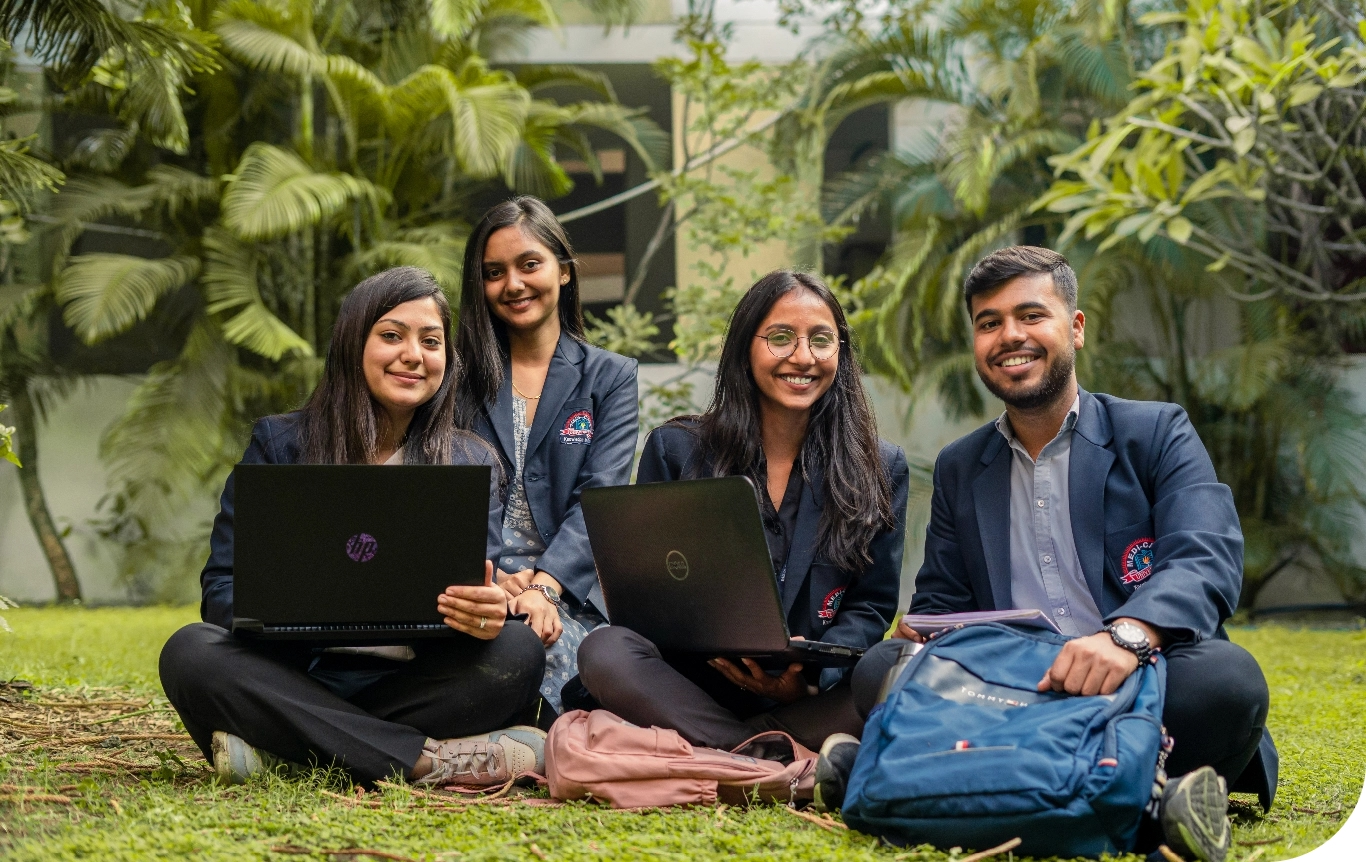
Admission open for
Academic Session 2026-27
MUSAT - 2026
Applications are invited for All India Proctor Based online Test
MU recognizes talent by offering upto 100% scholarships, enabling aspiring scholars to pursue their academic dreams without financial constraint
Course Overview
B.Sc. (Hons.)
The B.Sc. (Hons.) in Anaesthesia & Operation Theatre Technology (A&OTT) is a 4 year comprehensive undergraduate program designed to equip students with the knowledge and skills necessary to become proficient in the perioperative care of patients. This program provides a strong foundation in both theoretical and practical aspects of anesthesia and operation theatre management.
Anesthesia
- Principles of anesthesia
- Anesthetic agents and techniques
- Monitoring and management of patients under anesthesia
- Regional anesthesia
Operation Theatre Technology
- Surgical instrumentation and technology
- Aseptic techniques and infection control
- Preoperative and postoperative patient care
- Sterilization and disinfection procedures
- Operation theatre management and organization
Clinical Skills
- Hands-on training in simulated and real-world settings
- Clinical rotations in hospitals and healthcare facilities
- Opportunities to assist anesthesiologists and surgeons during surgical procedures
Graduates of this program can pursue a variety of rewarding careers in healthcare settings, including:
- Operation Theatre Technician: Assisting surgeons and anesthesiologists during surgical procedures
- Anesthesia Technician: Monitoring and managing patients under anesthesia.
- Sterile Processing Technician: Ensuring the sterility of surgical instruments and equipment.
- Clinical Research Associate: Participating in clinical trials and research studies related to anesthesia and surgery.
- Healthcare Educator: Teaching and training future generations of A&OTT professionals.
- In-demand career: High demand for qualified A&OTT professionals in hospitals, clinics, and surgical centers.
- Hands-on training: Extensive practical experience prepares students for real-world challenges.
- Experienced faculty: Instruction by experienced and qualified healthcare professionals.
- State-of-the-art facilities: Access to modern equipment and technology in simulated and clinical settings.
- Career-oriented curriculum: Focus on developing essential skills and knowledge for successful careers in the healthcare industry.
This program provides a strong foundation for a fulfilling and rewarding career in the dynamic field of anesthesia and operation theatre technology.
Anesthesia
- Principles of anesthesia
- Anesthetic agents and techniques
- Monitoring and management of patients under anesthesia
- Regional anesthesia
Operation Theatre Technology
- Surgical instrumentation and technology
- Aseptic techniques and infection control
- Preoperative and postoperative patient care
- Sterilization and disinfection procedures
- Operation theatre management and organization
Clinical Skills
- Hands-on training in simulated and real-world settings
- Clinical rotations in hospitals and healthcare facilities
- Opportunities to assist anesthesiologists and surgeons during surgical procedures
Graduates of this program can pursue a variety of rewarding careers in healthcare settings, including:
- Operation Theatre Technician: Assisting surgeons and anesthesiologists during surgical procedures
- Anesthesia Technician: Monitoring and managing patients under anesthesia.
- Sterile Processing Technician: Ensuring the sterility of surgical instruments and equipment.
- Clinical Research Associate: Participating in clinical trials and research studies related to anesthesia and surgery.
- Healthcare Educator: Teaching and training future generations of A&OTT professionals.
- In-demand career: High demand for qualified A&OTT professionals in hospitals, clinics, and surgical centers.
- Hands-on training: Extensive practical experience prepares students for real-world challenges.
- Experienced faculty: Instruction by experienced and qualified healthcare professionals.
- State-of-the-art facilities: Access to modern equipment and technology in simulated and clinical settings.
- Career-oriented curriculum: Focus on developing essential skills and knowledge for successful careers in the healthcare industry.
This program provides a strong foundation for a fulfilling and rewarding career in the dynamic field of anesthesia and operation theatre technology.
The B.Sc. (Hons.) Medical Laboratory Technology (MLT) is a 4-year undergraduate program that equips students with the knowledge and skills necessary to perform a wide range of laboratory tests and analyses on patient specimens. These tests play a crucial role in diagnosing diseases, monitoring treatment effectiveness, and providing valuable information for patient care.
- Hematology: Study of blood and blood-forming tissues.
- Clinical Biochemistry: Analysis of bodily fluids to assess organ function.
- Microbiology: Identification of microorganisms causing infectious diseases.
- Immunology: Study of the immune system.
- Histopathology and Cytology: Microscopic examination of tissues and cells.
- Parasitology: Identification of parasites that infect humans.
- Clinical Chemistry: Analysis of bodily fluids to detect metabolic disorders.
- Laboratory Techniques: Practical training in various laboratory techniques.
- Quality Assurance and Control: Ensuring accurate lab results.
Graduates of the B.Sc. (Hons.) MLT program can pursue a variety of careers in healthcare settings, including:
- Medical Technologist/Technicians: Performing laboratory tests and analyses in hospitals, clinics, and research laboratories.
- Quality Control Officers: Ensuring the quality and accuracy of laboratory procedures and results.
- Research Associates: Conducting research in medical laboratories and contributing to the development of new diagnostic tests and treatments.
- Phlebotomists: Collecting blood samples from patients.
- Laboratory Managers: Supervising and managing the operations of a medical laboratory.
- Educators: Teaching and training future generations of medical laboratory professionals.
- In-demand career: High demand for qualified medical laboratory professionals in the healthcare industry.
- Hands-on training: Extensive practical experience in a laboratory setting.
- Cutting-edge technology: Exposure to modern laboratory equipment and techniques.
- Strong emphasis on critical thinking and problem-solving skills.
- Opportunities for professional growth and advancement.
The B.Sc. (Hons.) MLT program provides a strong foundation for a fulfilling and rewarding career in the field of medical laboratory science, where you can play a vital role in improving human health.
- Hematology: Study of blood and blood-forming tissues, including blood cell counts, coagulation tests, and blood typing.
- Clinical Biochemistry: Analysis of bodily fluids (blood, urine, etc.) to assess organ function, detect metabolic disorders, and monitor drug levels.
- Microbiology: Identification and characterization of microorganisms (bacteria, viruses, fungi, parasites) that cause infectious diseases.
- Immunology: Study of the immune system, including antibody-antigen reactions, immunodeficiency disorders, and autoimmune diseases.
- Histopathology and Cytology: Microscopic examination of tissues and cells to diagnose diseases such as cancer.
- Parasitology: Identification and study of parasites that infect humans.
- Clinical Chemistry: Analysis of various body fluids to assess organ function and detect metabolic disorders.
- Laboratory Techniques: Practical training in various laboratory techniques, including sample collection, preparation, and analysis.
- Quality Assurance and Control: Ensuring the accuracy and reliability of laboratory results.
Graduates of the B.Sc. (Hons.) MLT program can pursue a variety of careers in healthcare settings, including:
- Medical Technologist/Technicians: Performing laboratory tests and analyses in hospitals, clinics, and research laboratories.
- Quality Control Officers: Ensuring the quality and accuracy of laboratory procedures and results.
- Research Associates: Conducting research in medical laboratories and contributing to the development of new diagnostic tests and treatments.
- Phlebotomists: Collecting blood samples from patients.
- Laboratory Managers: Supervising and managing the operations of a medical laboratory.
- Educators: Teaching and training future generations of medical laboratory professionals.
- In-demand career: High demand for qualified medical laboratory professionals in the healthcare industry.
- Hands-on training: Extensive practical experience in a laboratory setting.
- Cutting-edge technology: Exposure to modern laboratory equipment and techniques.
- Strong emphasis on critical thinking and problem-solving skills.
- Opportunities for professional growth and advancement.
The B.Sc. (Hons.) MLT program provides a strong foundation for a fulfilling career in medical laboratory science.
The B.Sc. (Hons.) in Cardiovascular Technology is a specialized 4-year undergraduate program designed to prepare students for careers in the cardiovascular care field. This program emphasizes both theoretical knowledge and practical training in cardiovascular technologies, including diagnostic techniques and procedures related to heart and vascular systems.
- Cardiovascular Anatomy and Physiology: In-depth study of the heart, blood vessels, and circulatory system, including their structure, function, and diseases.
- Cardiovascular Pathophysiology: Understanding the mechanisms of various cardiovascular diseases, such as heart attacks, heart failure, arrhythmias, and vascular disorders.
- Electrocardiography (ECG): Interpretation and recording of electrocardiograms to diagnose heart rhythm abnormalities.
- Echocardiography: Performing and interpreting echocardiograms (ultrasound images of the heart) to assess heart function and structure.
- Cardiac Catheterization: Assisting cardiologists during cardiac catheterization procedures, including angioplasty and stent placement.
- Hemodynamics: Monitoring and managing hemodynamic parameters (blood pressure, heart rate, cardiac output) during cardiac procedures.
- Patient Care: Providing comprehensive patient care, including preparing patients for procedures, monitoring vital signs, and assisting with post-procedure recovery.
- Medical Instrumentation: Learning to operate and maintain various cardiovascular diagnostic and therapeutic equipment.
Graduates of the B.Sc. (Hons.) CVT program can pursue a variety of rewarding careers in healthcare settings, including
- Cardiovascular Technologist: Assisting cardiologists in the diagnosis and treatment of heart and vascular diseases
- Echocardiography Technician: Performing and interpreting echocardiograms.
- Electrocardiography Technician: Performing and interpreting electrocardiograms.
- Cardiac Catheterization Technician: Assisting during cardiac catheterization procedures.
- Cardiac Rehabilitation Specialist: Assisting patients in recovering from cardiac events.
- Research Associate: Conducting research in cardiovascular medicine.
- In-demand career: High demand for qualified cardiovascular technologists in hospitals, clinics, and cardiac centers.
- Hands-on training: Extensive practical experience in a clinical setting.
- Cutting-edge technology: Exposure to the latest cardiovascular diagnostic and therapeutic equipment.
- Strong emphasis on patient care and critical thinking skills.
- Opportunities for professional growth and advancement.
The B.Sc. (Hons.) CVT program provides a strong foundation for a fulfilling and rewarding career in the field of cardiovascular technology, where you can play a vital role in improving the lives of patients with heart and vascular diseases.
- Cardiovascular Anatomy and Physiology: In-depth study of the heart, blood vessels, and circulatory system, including their structure, function, and diseases.
- Cardiovascular Pathophysiology: Understanding the mechanisms of various cardiovascular diseases, such as heart attacks, heart failure, arrhythmias, and vascular disorders.
- Electrocardiography (ECG): Interpretation and recording of electrocardiograms to diagnose heart rhythm abnormalities.
- Echocardiography: Performing and interpreting echocardiograms (ultrasound images of the heart) to assess heart function and structure.
- Cardiac Catheterization: Assisting cardiologists during cardiac catheterization procedures, including angioplasty and stent placement.
- Hemodynamics: Monitoring and managing hemodynamic parameters (blood pressure, heart rate, cardiac output) during cardiac procedures.
- Patient Care: Providing comprehensive patient care, including preparing patients for procedures, monitoring vital signs, and assisting with post-procedure recovery.
- Medical Instrumentation: Learning to operate and maintain various cardiovascular diagnostic and therapeutic equipment.
Graduates of the B.Sc. (Hons.) CVT program can pursue a variety of rewarding careers in healthcare settings, including
- Cardiovascular Technologist: Assisting cardiologists in the diagnosis and treatment of heart and vascular diseases
- Echocardiography Technician: Performing and interpreting echocardiograms.
- Electrocardiography Technician: Performing and interpreting electrocardiograms.
- Cardiac Catheterization Technician: Assisting during cardiac catheterization procedures.
- Cardiac Rehabilitation Specialist: Assisting patients in recovering from cardiac events.
- Research Associate: Conducting research in cardiovascular medicine.
- In-demand career: High demand for qualified cardiovascular technologists in hospitals, clinics, and cardiac centers.
- Hands-on training: Extensive practical experience in a clinical setting.
- Cutting-edge technology: Exposure to the latest cardiovascular diagnostic and therapeutic equipment.
- Strong emphasis on patient care and critical thinking skills.
- Opportunities for professional growth and advancement.
The B.Sc. (Hons.) CVT program provides a strong foundation for a fulfilling and rewarding career in the field of cardiovascular technology, where you can play a vital role in improving the lives of patients with heart and vascular diseases.
The B.Sc. (Hons.) Respiratory Therapy is a 4-year undergraduate program that trains healthcare professionals to manage and treat patients with respiratory and cardiopulmonary disorders.
- Respiratory Physiology and Pathophysiology: In-depth understanding of the respiratory system, its functions, and diseases affecting it.
- Respiratory Diagnostic Techniques
- Pulmonary Function Tests (PFTs)
- Blood Gas Analysis
- Chest X-ray interpretation
- Bronchoscopy assistance
- Respiratory Therapies
- Oxygen therapy
- Aerosol therapy
- Mechanical ventilation (including tracheostomy care)
- Chest physiotherapy
- Cardiopulmonary Resuscitation (CPR) and Advanced Cardiac Life Support (ACLS):
- Emergency management of cardiac arrest and respiratory emergencies
- Patient Assessment and Care
- Assessing patient conditions, developing treatment plans, and monitoring patient progress
- Medical Ethics and Professionalism
- Understanding ethical considerations and maintaining professional conduct
Graduates of the B.Sc. (Hons.) Respiratory Therapy can pursue a variety of rewarding careers in healthcare settings, including:
- Respiratory Therapist: Providing respiratory care to patients in hospitals, clinics, and other healthcare facilities.
- Critical Care Specialist: Working in intensive care units (ICUs) to manage critically ill patients with respiratory problems.
- Pulmonary Rehabilitation Specialist: Assisting patients in recovering from respiratory conditions through exercise and education.
- Educator: Teaching and training future generations of respiratory therapists.
- Researcher: Conducting research on respiratory diseases and treatments.
- In-demand career: High demand for qualified respiratory therapists in healthcare settings.
- Hands-on training: Extensive practical experience in clinical settings.
- Cutting-edge technology: Exposure to advanced respiratory care equipment and technologies.
- Strong emphasis on patient care and critical thinking skills.
- Researcher: Conducting research on respiratory diseases and treatments.
The B.Sc. (Hons.) Respiratory Therapy provides a strong foundation for a fulfilling and rewarding career in the field of respiratory care, where you can play a vital role in improving the lives of patients with respiratory conditions.
- Respiratory Physiology and Pathophysiology: In-depth understanding of the respiratory system, its functions, and diseases affecting it.
- Respiratory Diagnostic Techniques
- Pulmonary Function Tests (PFTs)
- Blood Gas Analysis
- Chest X-ray interpretation
- Bronchoscopy assistance
- Respiratory Therapies
- Oxygen therapy
- Aerosol therapy
- Mechanical ventilation (including tracheostomy care)
- Chest physiotherapy
- Resuscitation (CPR) and Advanced Cardiac Life Support (ACLS):
- Emergency management of cardiac arrest and respiratory emergencies
- Patient Assessment and Care
- Assessing patient conditions, developing treatment plans, and monitoring patient progress
- Medical Ethics and Professionalism
- Understanding ethical considerations and maintaining professional conduct
Graduates of the B.Sc. (Hons.) Respiratory Therapy can pursue a variety of rewarding careers in healthcare settings, including
- Respiratory Therapist: Providing respiratory care to patients in hospitals, clinics, and other healthcare facilities.
- Critical Care Specialist: Working in intensive care units (ICUs) to manage critically ill patients with respiratory problems.
- Pulmonary Rehabilitation Specialist: Assisting patients in recovering from respiratory conditions through exercise and education.
- Educator: Teaching and training future generations of respiratory therapists.
- Researcher: Conducting research on respiratory diseases and treatments.
- In-demand career: High demand for qualified respiratory therapists in healthcare settings.
- Hands-on training: Extensive practical experience in clinical settings.
- Cutting-edge technology: Exposure to advanced respiratory care equipment and technologies.
- Strong emphasis on patient care and critical thinking skills.
- Researcher: Conducting research on respiratory diseases and treatments.
The B.Sc. (Hons.) Respiratory Therapy provides a strong foundation for a fulfilling and rewarding career in the field of respiratory care, where you can play a vital role in improving the lives of patients with respiratory conditions.
Emversity Advantage

Industry-Aligned Curriculum
Programs are designed in collaboration with industry experts to ensure that students are equipped with the skills needed to excel in their chosen fields.

Innovative
Pedagogy
We leverage cutting-edge technology and interactive learning methods to create engaging and immersive learning experiences.

Strong Industry Connections
Having forged strategic partnerships with leading organizations to provide students with access to internships, job placements, and real-world learning opportunities.
How to Apply?

Register Yourself

Fill Online Application Form

Pay Application Fee
